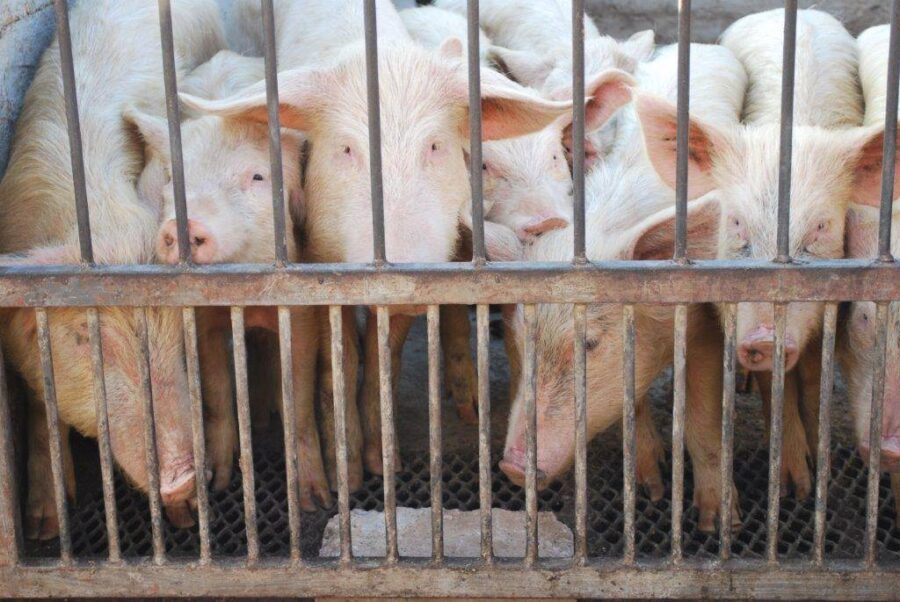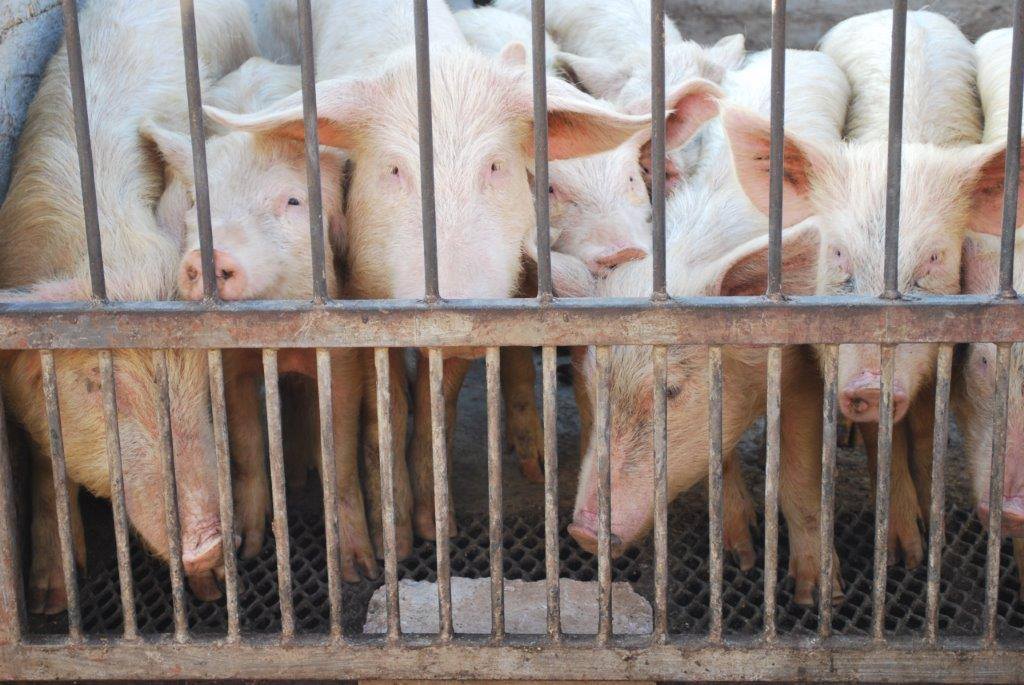
Appeal Filed Against ‘Irregular’ Finding in Thandi Modise Alleged Animal Cruelty Case
AfriForum’s Private Prosecution Unit (PPU) has served papers, on behalf of the National Society for the Prevention of Cruelty to Animals (NSPCA), for the appeal against the Potchefstroom Regional Court’s discharge of former Speaker of Parliament Thandi Modise on charges of cruelty to animals. AfriForum PPU is handling the private prosecution of Modise, who is […]

AfriForum’s Private Prosecution Unit (PPU) has served papers, on behalf of the National Society for the Prevention of Cruelty to Animals (NSPCA), for the appeal against the Potchefstroom Regional Court’s discharge of former Speaker of Parliament Thandi Modise on charges of cruelty to animals.
AfriForum PPU is handling the private prosecution of Modise, who is now Minister of Defence, on six charges related to more than 200 animals having to be put down due to malnutrition on Modise’s farm, close to Potchefstroom in 2014.
“This appeal emphasises the fact that we will continue to fight for justice and utilise private prosecutions to ensure that everyone is equal before the law. The Private Prosecution Unit is convinced that the principles pertaining to a discharge were incorrectly applied. We are of the opinion that a strong case has been made and Modise should have the opportunity to present her side of the matter,” says Andrew Leask, Chief Investigator at AfriForum’s Private Prosecution Unit.
Magistrate Ben Mtebele will also have to state his case to the High Court regarding the finding he made pertaining to Modise in April 2021.
“It is a travesty that justice for the suffering of hundreds of animals has continuously been delayed since 2014. In March 2023, when we return to court for this case, it will be just four months short of nine years of the NSPCA’s fight for justice. This is a very clear indication of our determination to ensure that justice is served for the suffering of those animals – no matter how long it takes,” says Marcelle Meredith, CEO of the NSPCA.
The NSPCA were tipped off in 2014 about neglect on Modise’s farm in the North West. After obtaining a warrant to inspect the property, the NSPCA found harrowing scenes where surviving pigs were allegedly eating the carcasses of those that had already died. The organisation said in total 58 pigs, along with 21 other animals. Eighty-five pigs survived, and 224 animals tragically had to be put down because of their weakened state, having existed without food for a couple of months. According to the NSPCA, they managed to save 30 sheep and goats, 16 chickens and nine geese. (See photos here). The sole employee on the farm at that time said he hadn’t been paid for two months, and had nothing to feed the animals.
The Private Prosecution Unit and the NSPCA argue in their application that the magistrate erred in his finding by considering evidence that does not form part of the court record, and also did not take into account relevant evidence that was placed before the court. This includes the Regional Court not taking into account the opinions of expert witnesses, while attaching too much value to the opinion of a lay witness regarding the amount of feed that was available to the animals.
The organisations further argue in their application that Magistrate Mtebele erred by finding that the management tasks on the farm were transferred to Modise’s “farmworkers” while she was, according to the court, in Cape Town. This finding is not based on the evidence led by the prosecution, and the accused also denied that these workers were ever employed by her. No evidence was placed before court that Modise had indeed been in Cape Town during this time. Furthermore, the Regional Court also did not consider the fact that Modise’s legal team did not provide a plea explanation, nor did they put her version of events to witnesses.
“The court did not simply discharge Modise, but also identified her so-called farmworkers as the culprits, even though the evidence points to them having no resources to feed the animals. Our inference is that the court does indeed accept that the animals were neglected and died due to a shortage of feed and water. The court relied on the reasonable absence of the accused, but no evidence was led to prove this. The court also did not consider the concept of culpability with reference to dolus eventualis,” concludes Leask.
If the appeal in the High Court is successful, the case will be referred back to the Regional Court where Modise’s legal team will then have to present a defence before Magistrate Mtebele.
The papers were served on 25 October, and the appeal will be heard on 10 March 2023 in the High Court in Mmabatho.
